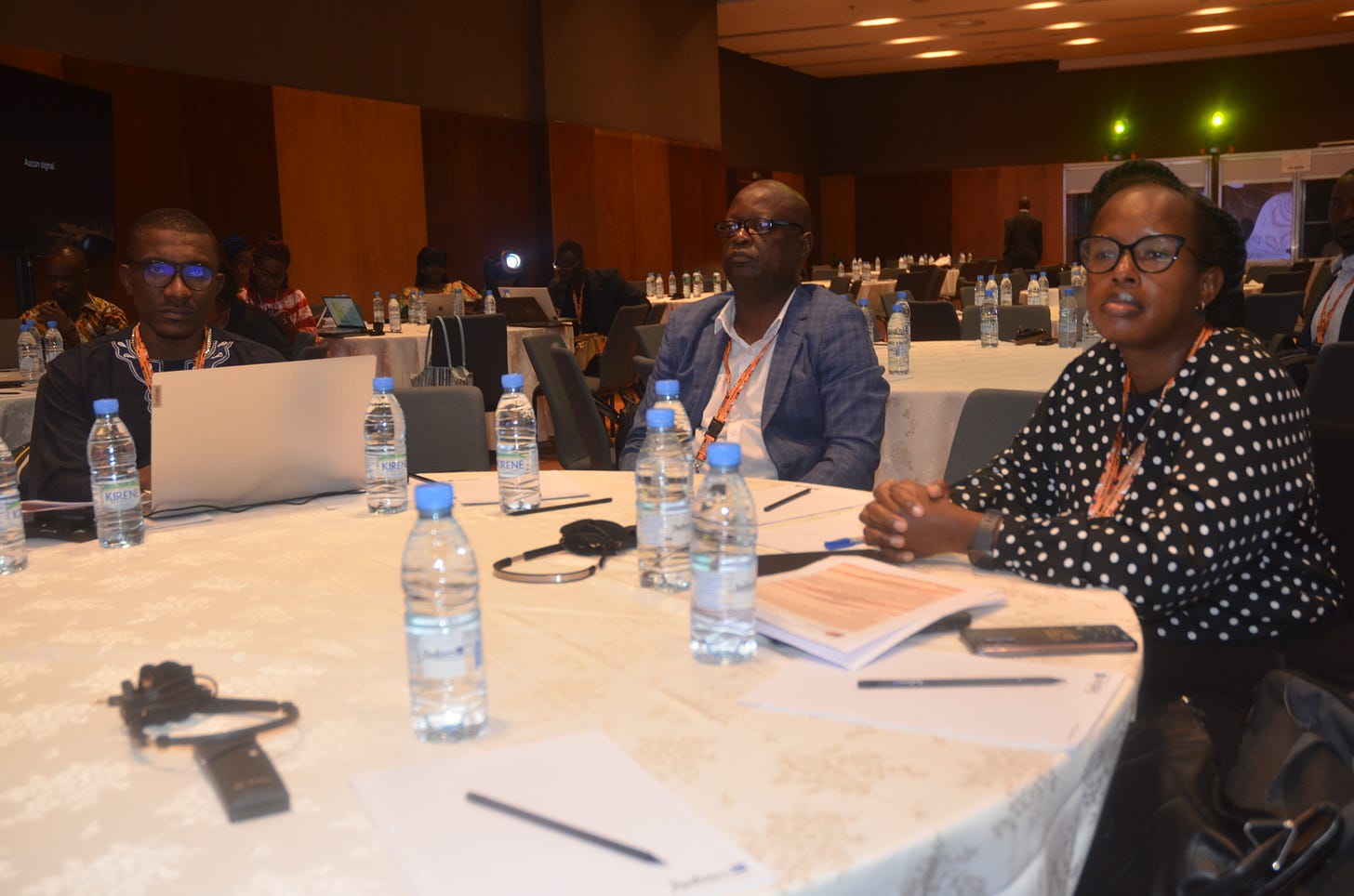Expert Calls for Reform of African Debt Agreements to Protect Borrowers
Dr. Masamba's presentation encouraged a focus on contracts as the linchpin of sovereign debt dynamics.
Dakar, Senegal -An independent consultant specialising in global economic governance, sovereign debt, and climate finance, Dr. Magalie Masamba, delivered a thought-provoking presentation at the 3rd Edition of the African Conference on Debt and Development in Dakar, Senegal, writes Winston Mwale.
Dr. Masamba's session, titled "Reframing How Sovereigns Borrow: A Standardized Approach to Debt Agreements," delved into the legal intricacies of sovereign debt contracts and explored the need for a standardised approach in African debt agreements.
The session aimed to address key legal issues surrounding contractual agreements related to African debt.
It delved into complex aspects of international financial agreements, contractual clauses, dispute resolution mechanisms, and the implications of sovereign debt restructuring.
The overarching goal was to pave the way for a model debt and loan agreement, which could establish a uniform political consensus among African governments, enhance their capacity to influence loan and grant agreements, and ultimately improve negotiation processes.
During the presentation, Dr. Masamba posed critical questions to guide the audience's understanding of the subject:
What are the four main legal issues facing the sovereign debt landscape?
What is the missing link in the African discourse on the reform of the debt architecture?
What is the quintessential characteristic of the debt relationship?
Why do contracts matter in the sovereign debt relationship?
What should we be focusing on in these contracts?
How do we map a way forward for a standardized approach?
Dr. Masamba highlighted several key challenges in the sovereign debt landscape, including:
Lack of a Comprehensive Legal Framework: Dr. Masamba emphasized the absence of a comprehensive legal framework for managing sovereign debt, resulting in legal and regulatory uncertainty.
Complex Creditor Landscape: The landscape of creditors has become more intricate, with the emergence of new multilateral development banks and non-Paris Club creditors like China. The participation of private creditors in debt restructurings has also added complexity.
Complex Debt Restructurings: Debt restructurings have often been protracted, leading to inefficiencies. The lack of coordination among creditors, particularly during the COVID-19 pandemic, has exacerbated these challenges.
Legal Issues Relating to Contracts: Dr. Masamba underlined the importance of examining contractual issues, including creditor coordination, dealing with unexpected events or crises, dispute resolution mechanisms, and incorporating new issues like environmental and gender considerations.
Dr. Masamba also stressed the need for more equitable bargaining power in contract negotiations, advocating for a fair and transparent debt architecture that accounts for timely restructuring and includes environmental, human rights, and development concerns.
Dr. Masamba's presentation encouraged a focus on contracts as the linchpin of sovereign debt dynamics.
Dr. Masamba emphasized the significance of creditor engagement and participation through collective action clauses, voting patterns in amendments and waiver clauses, bond ranking and payment, force majeure and catastrophe clauses, enhanced transparency, and social and environmental considerations.
The session concluded with a call for a more comprehensive understanding of sovereign debt as private contracts and the imperative for African nations to work collectively towards a standardised approach to debt agreements that aligns with their unique needs and challenges.




